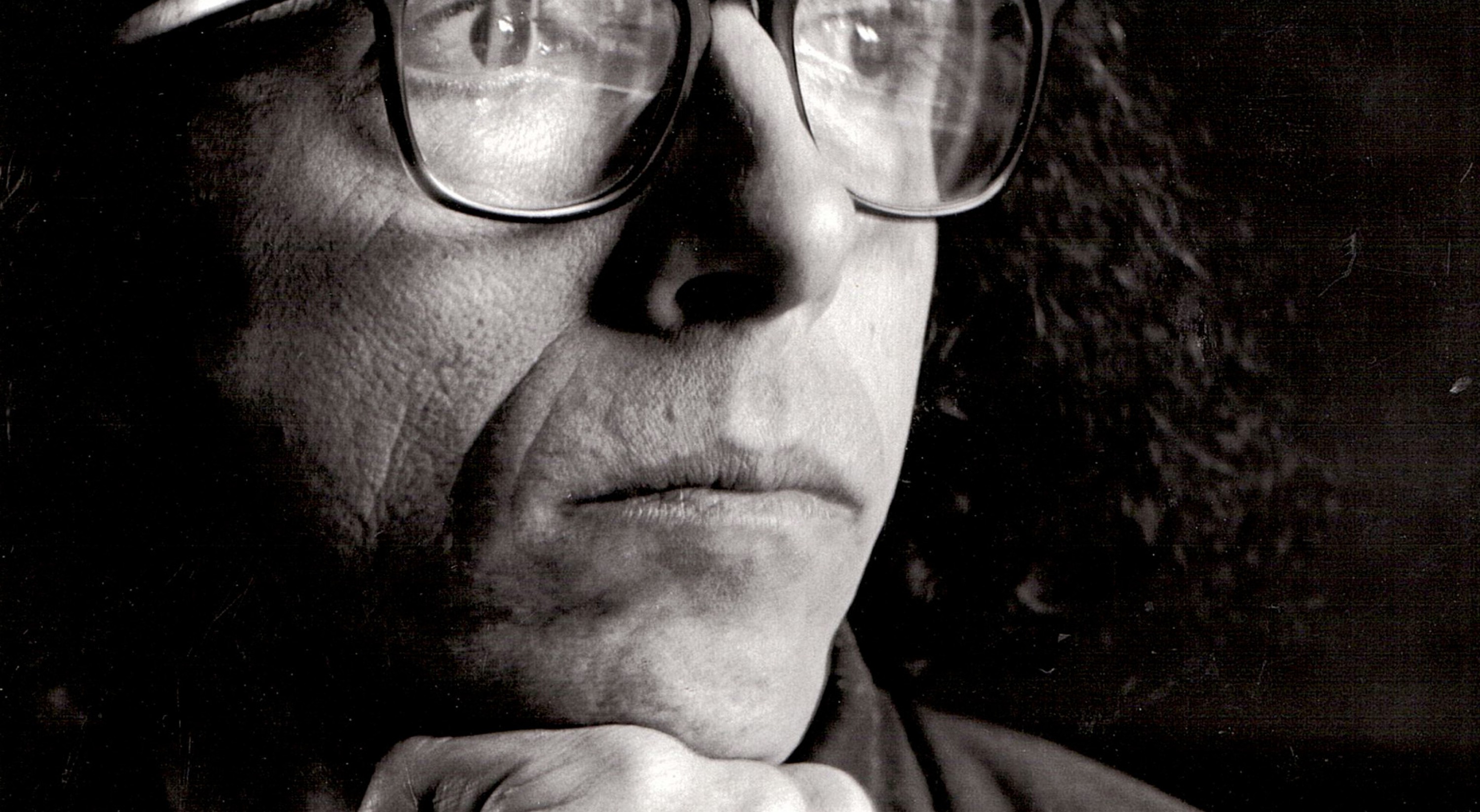Emmanuel Nunes Vicente Lusitano Manuel Cardoso
septembersept 17
Emmanuel Nunes, Versus III, For flute in the key of G and viola (1987-1990)
Vicente Lusitano, Heu me domine for choir (1553)
Emmanuel Nunes, Omens II for ensemble (1972)
Manuel Cardoso, Introit from Missa pro defunctis for choir (1625)
Emmanuel Nunes, Minnesang for twelve male/female singers (1975-1976)
Ensemble Les Métaboles
Ensemble Multilatérale
Léo Warynski, director
Co-directed by Théâtre de la Ville – Paris; Festival d’Automne à Paris
This event is part of the 2022 France-Portugal Season
With support of LVMH, member of the Sponsors Committee of the 2022 France-Portugal Season
This is a journey across the history of Portuguese music, from the golden age of daring, seraphic polyphonics up until the legend Emmanuel Nunes. The silky texture of his voice, reminiscent of Vieira da Silva’s paintings, borrows from theosopher Jakob Boehme to produce a dense, a cappella love chant.
Emmanuel Nunes (1941-2012) envisioned writing as a living organism. In Versus III, a duo comes together or apart, building on a pattern, on vivid beats, highlighting the many flexibilities offered by this musical form and configuration. An overhaul of a previous work of his, Omens II refers to the word “omen,” but also to “homens,” the Portuguese word for “men.” His version of humanism is replete with colors and textures. And Minnesang, expressing all of its remaining qualities through sound, is a spiritual reflection on the ability to name things. Little to nothing is known about Vicente Lusitano, reportedly born in Olivence (? – 1561), and the first Black composer ever to publish musical works. His motet Heu me domine, a resolutely chromatic work, was in the appendix to a treatise published in Rome in 1553. Manuel Cardoso (1556-1650) spent the bulk of his career at Lisbon’s Carmo Convent. Many of his compositions were lost in the 1755 earthquake. We did, however, keep a few nuggets from him, including this sublime Introit, which is true to the perennial canon of the counterpoint.
